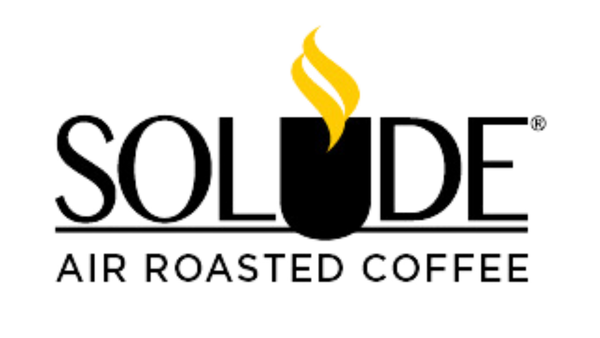
Walking down the coffee aisle can feel like decoding a secret language. Words like "single-origin," "fair trade," and "airroasted" jump out, but what do they actually mean for your morning cup? Here’s a quick guide to breaking down those labels and how they shape your coffee experience—from flavor to impact.
1. Single-Origin: The Story in Your Cup
When you see “single-origin” on a label, it means the coffee comes from a specific region—or sometimes even a single farm. This matters because the soil, altitude, and climate of that region influence the flavor. Think of it like wine; a single-origin Ethiopian coffee might have bright, fruity notes, while a Brazilian one could taste nutty and chocolatey.
Single-origin coffee often reflects a dedication to quality and transparency, offering a more authentic taste of the bean's roots.
2. Fair Trade: Coffee with a Conscience
Fair trade isn’t just a buzzword—it’s a commitment to paying farmers fairly for their hard work. It ensures better wages, ethical practices, and sustainable farming. By choosing fair trade, you’re supporting the people behind your coffee and making a positive impact on their communities.
3. Airroasted: The Future of Flavor
Roasting is where the magic happens, transforming raw beans into the coffee we know and love. Most coffee is drum-roasted, which can lead to uneven heating and scorch marks. Enter airroasting—a superior method that uses hot air to roast beans evenly.
This process eliminates the bitterness and brings out the bean’s natural flavors, creating a smoother, cleaner taste. Once you try airroasted coffee, there’s no going back.
👉 Curious about airroasting? Solude Coffee offers a lineup of smooth, flavorful blends that showcase the best this method has to offer.

4. Organic: What’s Missing Matters
Organic coffee is grown without synthetic pesticides or fertilizers, making it better for both the environment and your health. It’s a commitment to purity—just you, the bean, and its natural environment.
5. Shade-Grown: Good for Coffee, Good for Nature
Shade-grown coffee comes from plants cultivated under a canopy of trees. This method preserves natural ecosystems, supports biodiversity, and results in a slower-growing bean that often has richer flavors.
Why These Labels Matter
Understanding coffee labels isn’t just about picking a better-tasting brew—it’s about choosing a product that aligns with your values. Whether it’s ensuring farmers are treated fairly, protecting the environment, or finding the smoothest cup through airroasting, every choice you make as a coffee drinker has an impact.
👉 Want to taste the difference airroasting makes? Try Solude Coffee and enjoy a smoother cup that supports communities with every purchase.
Next time you’re picking out coffee, take a moment to read the label. Behind every term is a story—one that shapes your coffee experience from the first sip to the last drop. When you choose wisely, you’re not just enjoying better coffee; you’re contributing to a better world.

